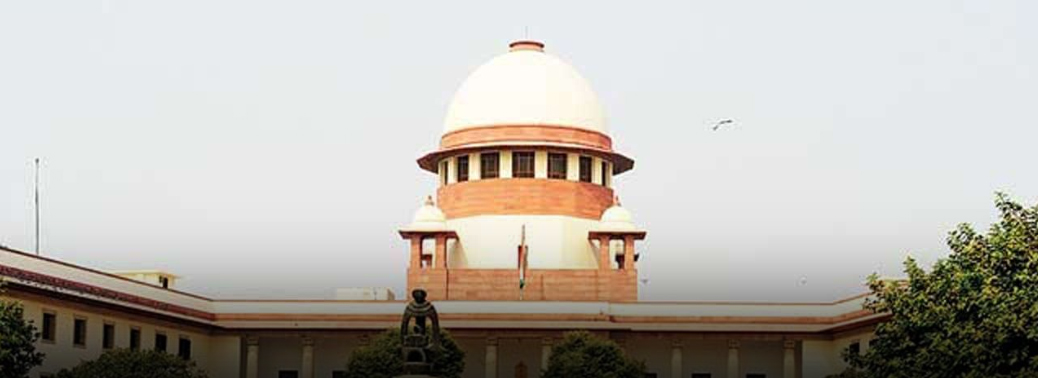Who Bought Electoral Bonds, SC Asks Parties
13, Apr 2019

Prelims level : Indian polity and Governance
Mains level : GS-II Salient features of the Representation of People’s Act.
Why in news:
- The Supreme Court directed political parties to provide complete information to the Election Commission in sealed covers to ensure
Electoral bond:
- It is a bond issued in the nature of a promissory note, which shall be a bearer banking instrument and shall not carry the name of the buyer or the payee.
- Electoral bonds have been introduced to promote transparency in funding and donation received by political parties. The scheme envisages building a transparent system of acquiring bonds with validated KYC and an audit trail. A limited window and a very short maturity period would make misuse
- The electoral bonds will prompt donors to take the banking route to donate, with their identity captured by the issuing This will ensure transparency and accountability and is a big step towards electoral reform.
Provisions of Electoral bonds
- As per the provisions of the Electoral bond scheme, it may be purchased by a person, who is a citizen of India or incorporated or established in
- A person being an individual can buy electoral bonds, either singly or jointly with other individuals.
- Only political parties registered under Section 29A of the Representation of the People Act, 1951 and which secured not less than one per cent of votes polled in the last general election to the Lok Sabha or the Legislative Assembly of the State, shall be eligible to receive electoral
- Electoral bonds shall be cashed by an eligible political party only through a bank account with an authorized
Key features:
- Although called a bond, the banking instrument resembling promissory notes will not carry any The electoral bond, which will be a bearer instrument, will not carry the name of the payee and can be bought for any value, in multiples of Rs 1,000, Rs 10,000, Rs 1 lakh, Rs 10 lakh or Rs 1 crore.
Electoral Bonds Uses:
- According to government the system of Bonds will encourage political donations of clean money from individuals, companies, HUF, religious groups, charities, After purchasing the bonds, these entities can hand them to political parties of their choice, which must redeem them within the prescribed time.
- The ensure that the funds being collected by the political parties is accounted money or clean money
- It will also boost digital transactions
Concerns with respect to Electoral Bonds
- The donor’s identity is protected but this doesn’t lead to cleansing of politics
- The budget does not provide for scrutinization of accounts (which has been a demand by ECI from many years ago) of the political parties. Hence these measures will not lead to transparency. Although it provides for cheque payment or digital payment for donations above Rs 2000, unless the donors are scrutinized, it may not change the situation
- Under this the donor and receiver of the donations will have information of the transactions but not the IT department nor the
- The Finance Bill proposes section 13A (d) in Income Tax Act 1961, which makes it mandatory for the political parties to get tax exemption (this is already provided under section 29C of RPA 1951, wherein if a party treasurer fails to file the returns then the tax exemptions will not be provided).
- The budget only raises the issue of political funding but does not completely address it to bring complete accountability and
- Section 23 of RPA put a limit on anonymous cash donations to Rs 20000. The finance merely reduces the cash component of donations to Rs 2000 but does not completely rule out donations above Rs
- The Election Commission of India (ECI) had demanded that the limit for reporting the donations (which is Rs 20000) should be brought down to Rs 2000, but instead the government has brought down the maximum cash contribution to Rs 2000.






